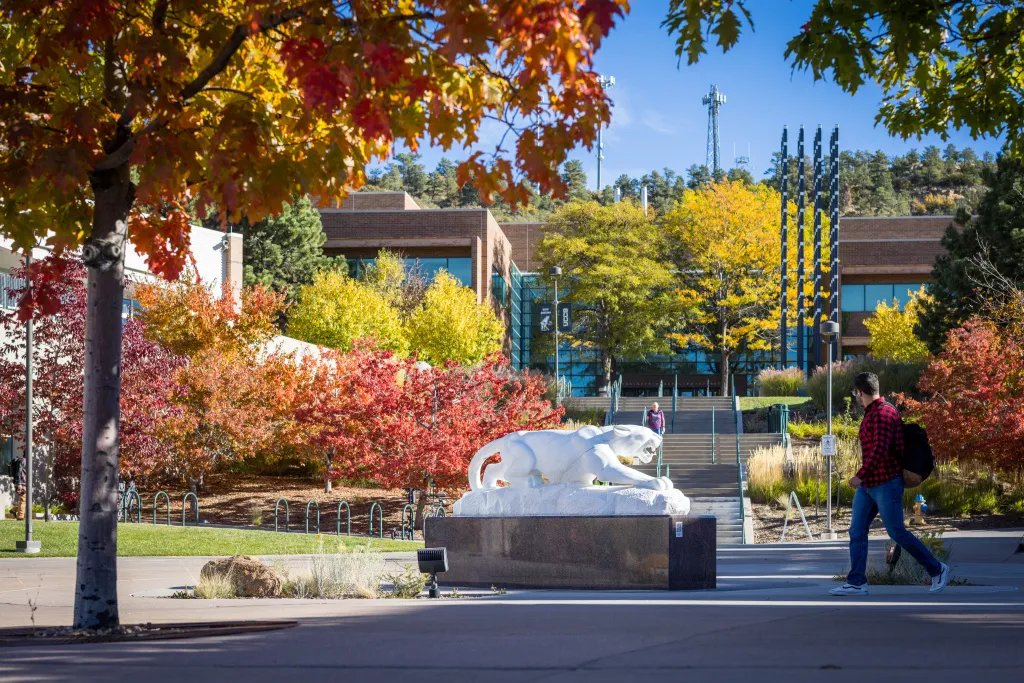
Workshops & Training
Customized Services
At the Matrix Center we work with universities, corporations, non-profits, and schools to help develop strategies and meet diversity/inclusiveness goals. Our trainers are national experts, authors, scholars and educators. We customize our services and workshops to meet your needs.
Some of our most requested, custom-tailored workshops include:
- Building Inclusive Environments
- Micro-/macro-aggressions, Implicit Bias and Stereotype Threat
- Understanding Intersectionality
- Restorative Practice and the Reframing of Emotion
- Introduction to Universal Design for Learning and Practice
- Building Community Amid Division
- LGBTQ+ Language and Identity
- Culturally Inclusive Leadership
- The Culturally Responsive Classroom
- Confronting Online Abuse and Harassment
- Beginning with the Self: We Don't Know What We Don't Know
- Civil Discourse and Restorative Language
- Sustainability and the Environment
- Self-care: Balance, Beauty, Joy and Awe
We welcome the opportunity to discuss diversity development strategies with your organization, institution, or workplace. Please contact Abby Ferber, Matrix Center Director, for more information on the aforementioned workshops or to discuss developing a customized experience.
aferber@uccs.edu
719-255-4764